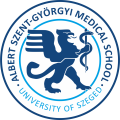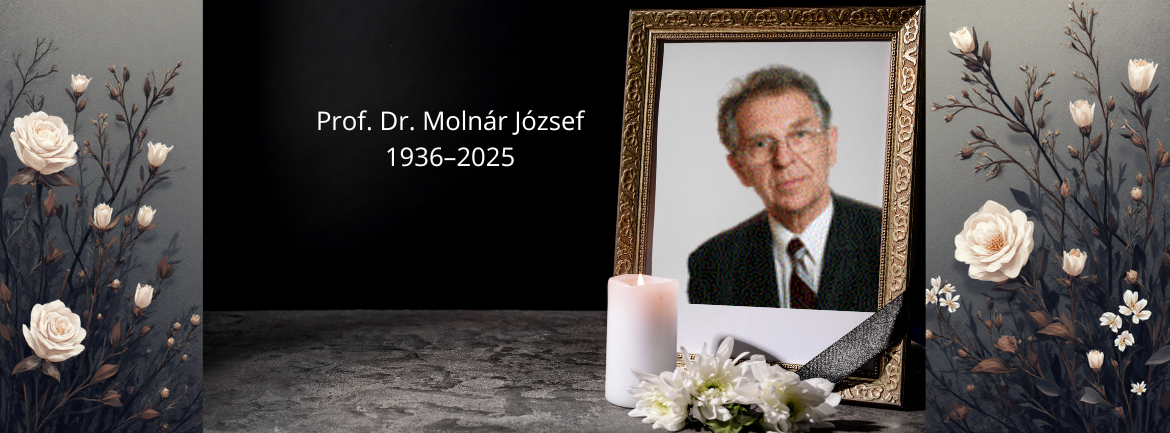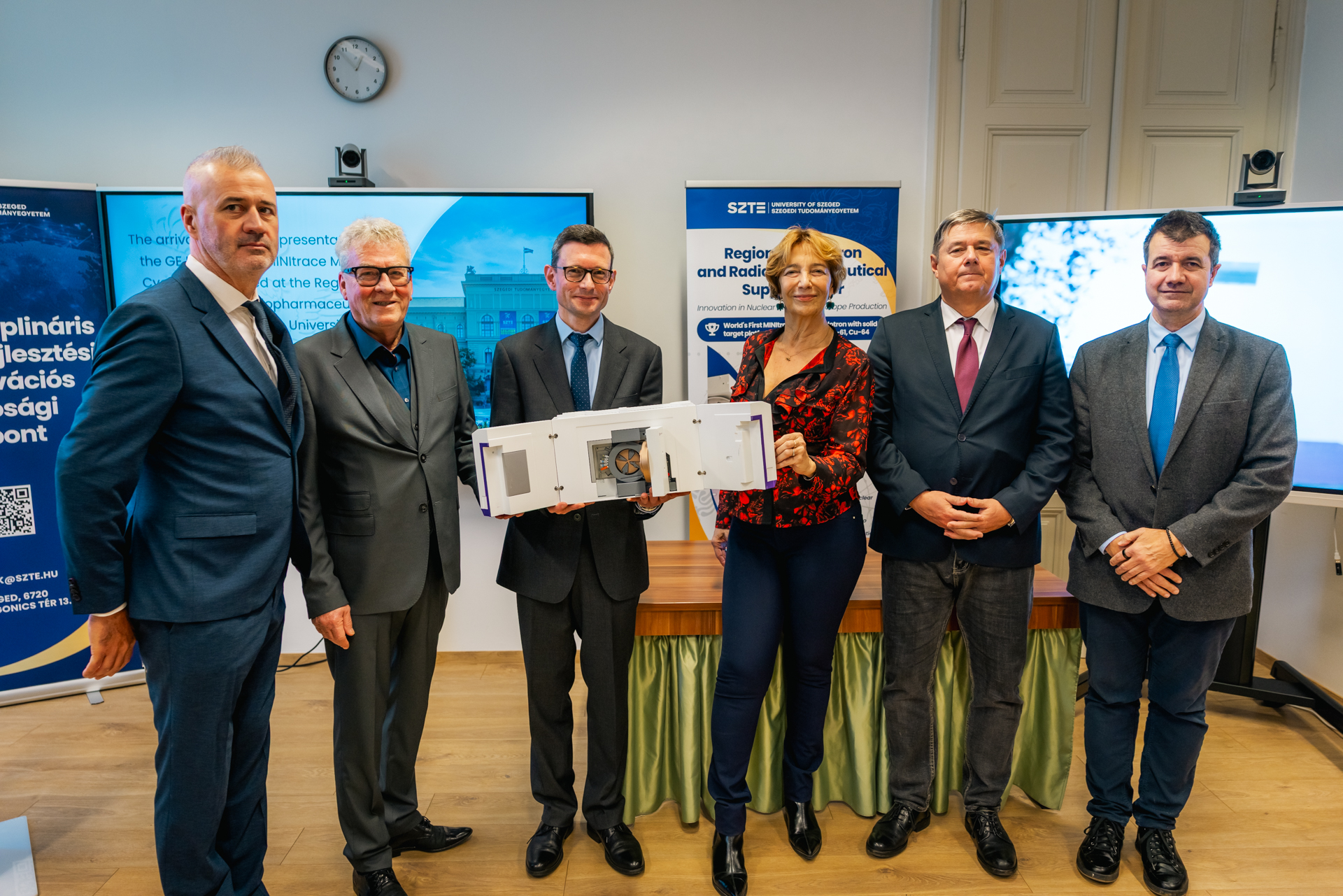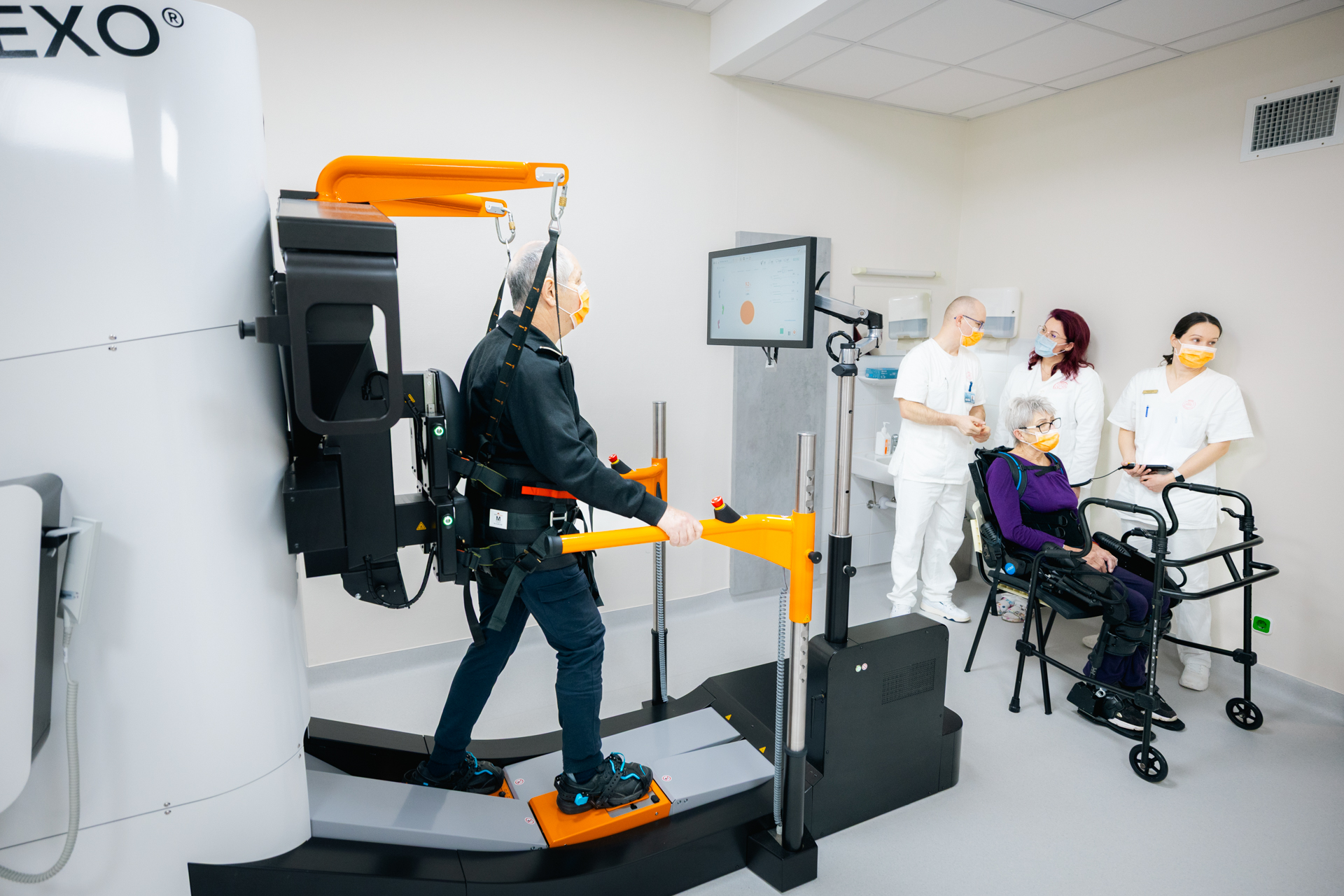University of Szeged
Albert Szent-Györgyi Medical School
Foreign Students' Secretariat
Your Education. Our Mission.
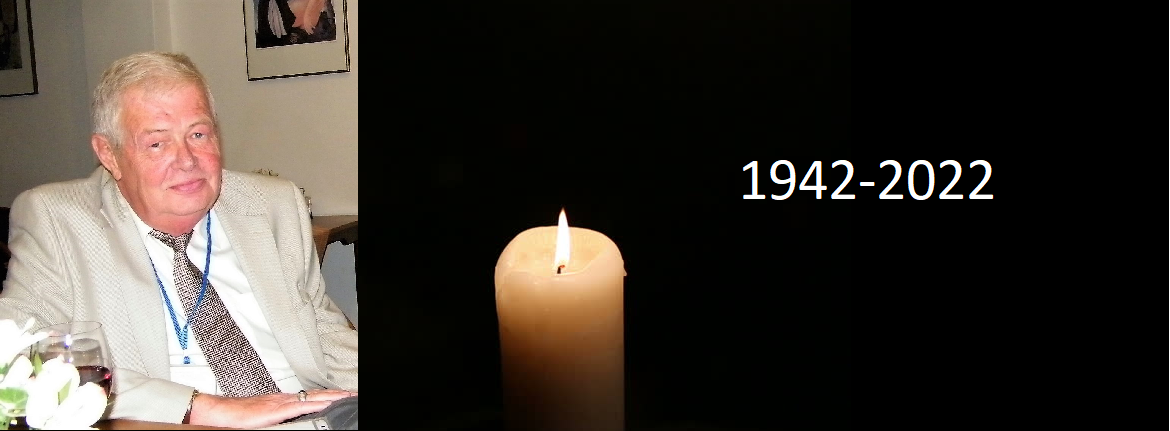
In memoriam Prof. Dr. Tibor Varga, Professor Emeritus of the Department of Forensic Medicine
He was well-known to all of us in the profession. He would have been 80 years old this year. He passed away on 14 October and it is still hard to imagine what it will be like without him. His presence was just natural to most of us. Now we could list his workplaces (Semmelweis University, Hungarian Ministry of Justice, Hungarian Institute for Forensic Sciences, Department of Forensic Medicine at the University of Szeged), former positions (chairman of the Forensic Committee of the Medical Research Council, chairman of the Chamber of Hungarian Forensic Experts, vice dean in Szeged, deputy director at the Hungarian Institute for Forensic Sciences), professional panel memberships and many other jobs that would testify his enormous workload, as all that time he has also worked and taught as a practising expert. We could list them, but it would be pointless, since we met him regularly and we never had to pay attention to the prestige of the profession, only to the essence.
He was open to new challenges, such as replacing serology with DNA testing and establishing the DNA laboratory in Szeged, helping to set up national drug testing and the Szeged laboratory, laying the foundations for expertise in illicit drugs, accommodating the training of health insurance specialists and establishing its governing body. Regardless of legal regulations, he insisted that specialist registrars gain and prove their histopathological knowledge, made a practical exam in forensic problems part of the board exam in family medicine, and established the methods of effective professional defence in ‘malpractice cases’ at SZTE.
He rarely praised his colleagues to their face. He himself read a lot of scientific literature, and the first question he always asked at board exams was what the candidate had learned from beyond textbooks and manuals. At informal meetings, he would bring forensic examples from fiction and the Bible. He loved to teach, and was recognised by his students, but his educational involvement has also shaped the training and continuing education of specialists for generations. His favourite topics were traffic accidents, intoxication and drugs, and his scientific work also covered mainly these fields. It was natural for him to help with new scientific careers and give advice, just as he was happy to be consulted as an expert and researcher.
He was a pleasure to be with. The informal evenings at conferences, the parties and outings of the department, the trips together were always delightful. He understood and loved jokes, he was feisty enough to be an excellent expert and a likeable colleague, boss and friend. And yes, there were times when he would run into the dissecting room wearing civilian clothes, perhaps with a lit cigarette in his mouth, but we just ignored it.
At the department, he started the tradition of celebrating every successful board exam with a sour cherry pie. Our young colleagues were only considered real specialists after they had prepared a sour cherry pie to devour as part of the celebration. He was a huge fan of sour cherry pie, so someone had to bring one for every occasion. By paraphrasing Gyula Juhász’ celebrated poem, we could say that for many of us ‘he will live in all our sour cherry pies’.
Staff of the Department of Forensic Medicine

